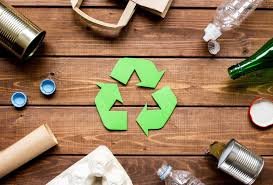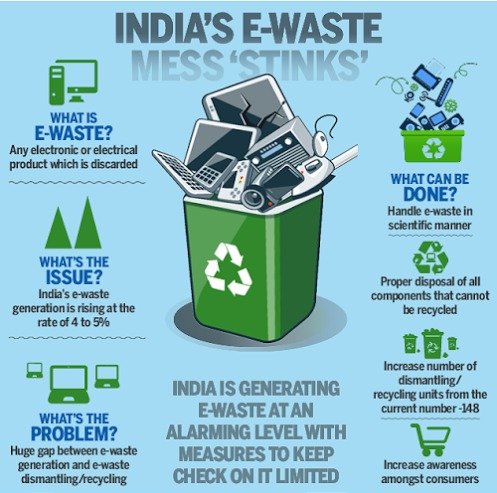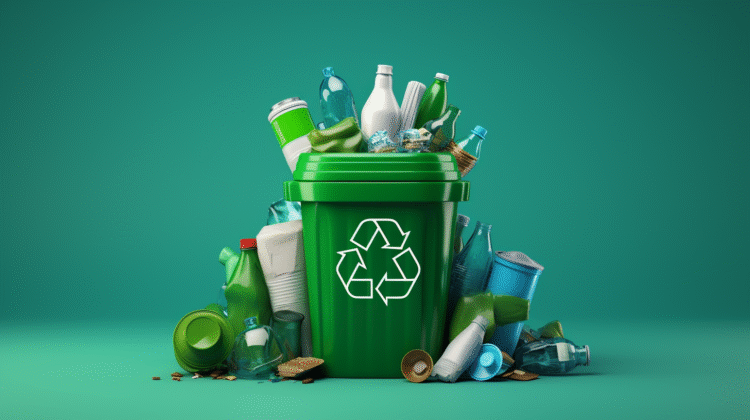Responsible Disposal refers to the ethical and environmentally conscious process of discarding waste materials in a way that minimizes harm to people, wildlife, and the planet. It involves segregating, recycling, reusing, or safely treating waste instead of simply dumping it in landfills or open spaces.
Meaning
In simple terms, responsible disposal means taking accountability for what we throw away. Every product we use—plastic bottles, batteries, electronic gadgets, or even food—has an impact after its use. When disposed of irresponsibly, waste pollutes air, soil, and water. Responsible disposal ensures that waste is handled in a manner that protects natural resources and supports circular economy principles where materials are reused and recycled rather than wasted.
It is not just about getting rid of waste; it is about managing it wisely. Responsible disposal reflects our environmental ethics and awareness of how individual actions contribute to collective sustainability.

Application
Responsible disposal applies to all sectors—households, industries, hospitals, and institutions. Some practical applications include:
- Households: Segregating biodegradable and non-biodegradable waste, composting kitchen waste, and recycling paper, plastic, and glass.
- Corporates and Institutions: Implementing e-waste management systems, safe disposal of hazardous waste, and collaborating with authorized recyclers.
- Healthcare: Ensuring bio-medical waste is sterilized, incinerated, or treated before disposal to prevent infections and contamination.
- Industries: Adopting waste-to-energy technologies, treating effluents, and following government norms for hazardous material disposal.
- Local Governments: Establishing collection, recycling, and composting facilities, and spreading awareness about segregation and waste minimization.

Significance
Responsible disposal is vital for environmental conservation and public health. Its key significance includes:
- Environmental Protection: Prevents soil, air, and water pollution caused by untreated waste.
- Resource Conservation: Encourages recycling and recovery of valuable materials, reducing the strain on natural resources.
- Public Health and Safety: Minimizes exposure to harmful chemicals, pathogens, and toxic waste that endanger human life.
- Climate Change Mitigation: Reduces methane emissions from landfills and supports sustainable waste management systems.
- Economic Value Creation: Promotes green jobs and industries focused on recycling, reuse, and waste-to-energy initiatives.
Responsible disposal is not just a government duty but a collective responsibility of citizens, organizations, and policymakers. Practicing it every day is a small but powerful step toward a cleaner and sustainable planet.
Also Read: Environmental Sustainability: Definition, Meaning, Pillars, Applications and Significance
(India CSR)







